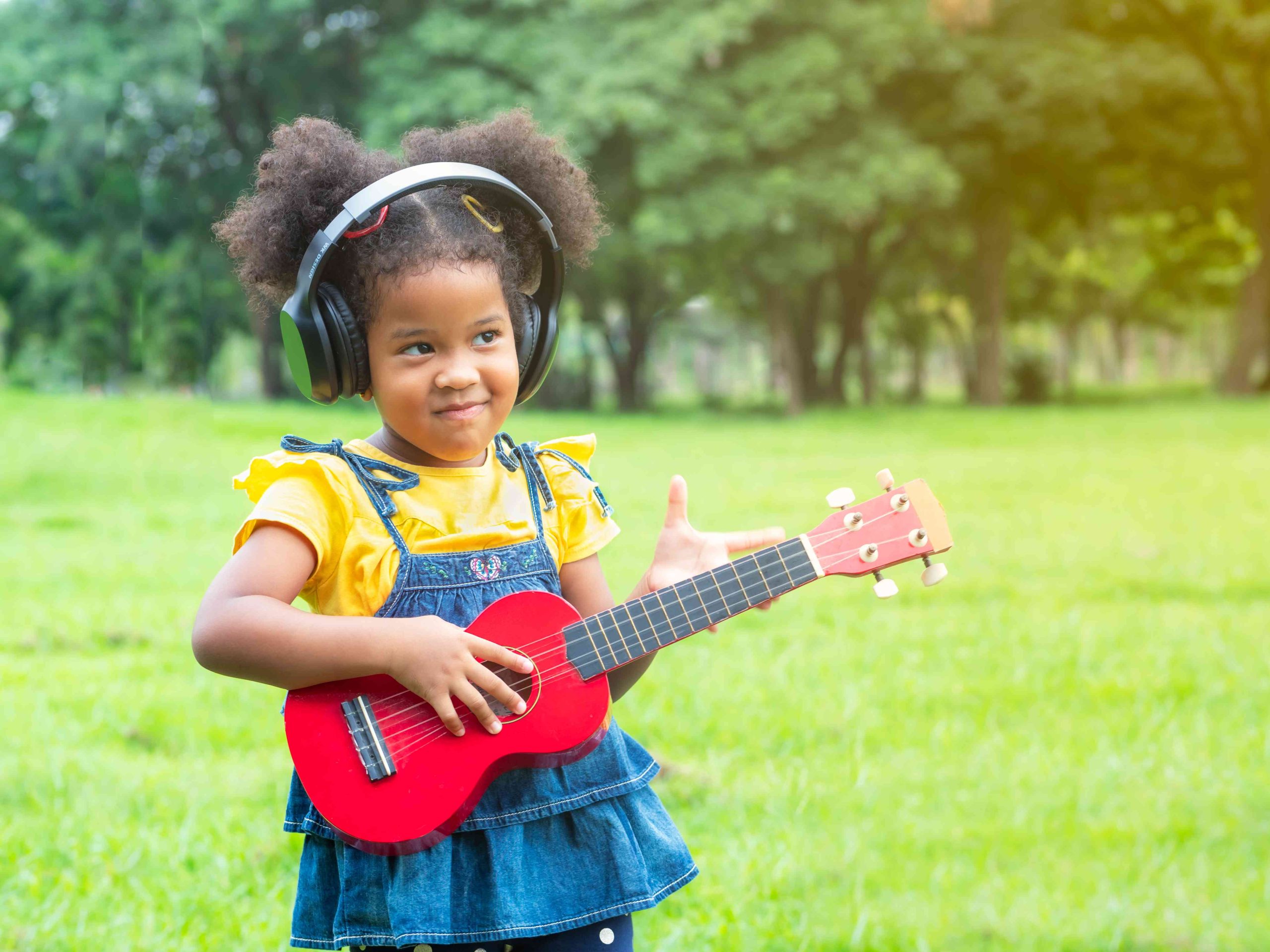
Preschool Music Practice: Understanding Attention Span and Hours
Music plays a pivotal role in enhancing preschoolers’ cognitive, social, and emotional development. However, it’s crucial to acknowledge the attention span limitations of preschoolers to ensure effective learning without overwhelming them.
Preschoolers’ Attention Span Limitations:
Preschoolers typically have attention spans ranging from 3-8 minutes, depending on their age and developmental stage. Structuring music practice sessions to align with these limitations is essential. Break up sessions into shorter, engaging segments to sustain their interest.
Recommended Hours of Preschool Music Practice:
Considering preschoolers’ attention spans, the recommended guideline for music practice is 10-15 minutes per day, three to four times a week. This schedule allows for introducing fundamental music concepts without causing burnout.
Tips for Effective Preschool Music Practice:
- Keep sessions short and varied to maintain engagement.
- Incorporate fun elements like props, games, and movement activities.
- Exercise patience and use positive language to encourage participation.
Preschool Music Practice and Development:
Music practice encompasses various activities like singing, playing instruments, dancing, and listening. These activities foster language development, memory skills, and coordination, tailored to preschoolers’ needs and interests.
Incorporating Music into Daily Routine:
Integrate music into daily activities such as meals, baths, and bedtime to create comforting routines. Emphasize exploration over perfection, allowing preschoolers to learn at their own pace through play and experimentation.
Utilizing Resources and Creating Inclusive Environments:
Explore online resources and community offerings to enrich preschoolers’ music practice. Ensure an inclusive environment that celebrates diversity and promotes cultural awareness through music from different traditions.
Embracing Music’s Emotional Impact:
Recognize music’s potential to promote relaxation and emotional expression for preschoolers. Limit excessive screen time, prioritizing hands-on musical experiences to enhance sensory engagement.
Conclusion:
Preschool music practice should be a joyful experience that encourages exploration and self-expression. By understanding attention span limitations and incorporating diverse activities, parents and caregivers can foster a lifelong love of music in preschoolers while promoting holistic development.


